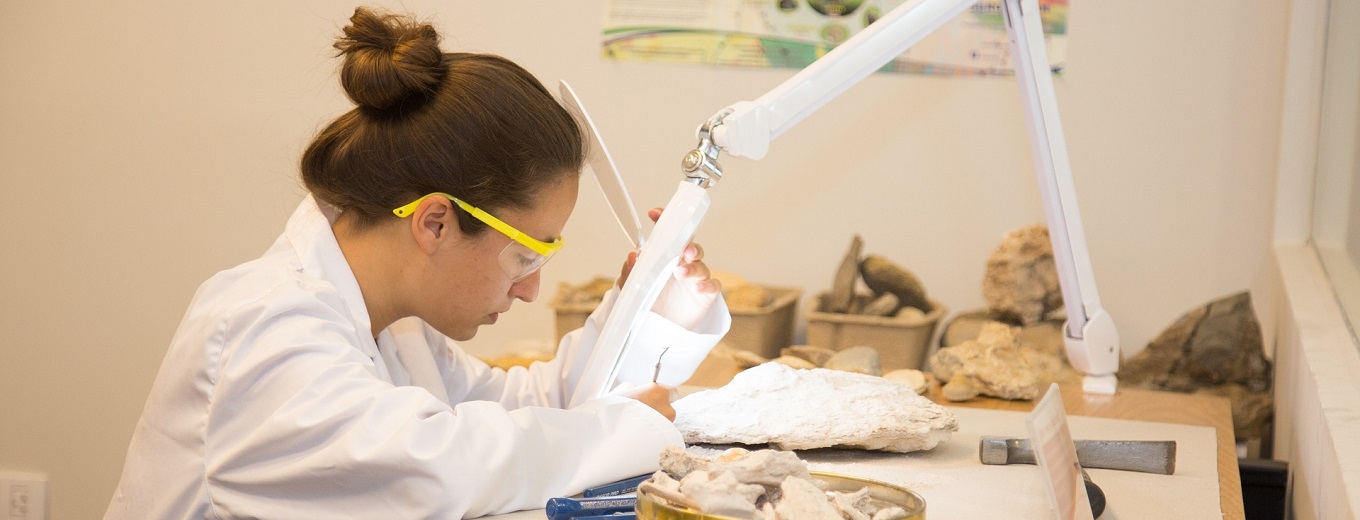The adoption of the Ljubljana Declaration shows the commitment of around 40 countries to mainstream gender in R&I.
The Slovenian Presidency of the Council of the EU that will end on 31 December 2021 provided a significant momentum for gender equality. An important milestone was the adoption of the Ljubljana Declaration ‘Gender Equality in Research and Innovation’ on 26 November 2021. Around 40 parties, including Switzerland, endorsed the declaration. It builds on the EU’s ‘Gender Equality Strategy 2020-2025‘. The declaration represents the commitment to push gender equality horizontally and includes it as a principle in R&I, research careers and international cooperation, among others. The declaration indicates that Member States (MS), the European Commission (EC), and other countries should jointly ensure that career paths in research are gender-balanced, open and inclusive with specific tools and adequate monitoring to measure progress. The endorsement of a ‘Pact for Research and Innovation (R&I)’ and the ‘Council Conclusion’ on 26 November 2021 (see SwissCore article) foresees in the ‘ERA Policy agenda‘ a specific action on gender, and takes notice of the Ljubljana Declaration.
The latest results of the She Figures’ report, published on 24 November 2021, show that women are with 48.1% well represented in undergraduate degrees. However, the gender gap continues in jobs in R&I, with 33.8% of researchers being women and only 26.2% holding a full professorship position. The She Figures report was launched for the first time in 2003 and is since then updated every three years. It monitors gender equality in R&I in the EU. In the last edition, around 88 indicators were used in 44 countries, including Switzerland. The analysis follows the consecutive journey of researchers from the doctoral studies to the labour market, analysing namely achievement of decision-making roles, working conditions and R&I outputs with a gender perspective. The She Figures’ report also gives an overview of European initiatives that contribute to gender equality. In the area of education, there are the ‘Girl’s Day’ initiative, in which 30 European countries participate, including Switzerland; and the ‘EU Code Week‘ initiative to get girls and women interested in STEM careers. The EU Code Week was launched by the Young Advisors for the Digital Agenda Europe and is supported by the EC as part of the Digital Single Market strategy. The next Code Week will take place between 8 and 23 October 2022. In the area of research, the European Women Rectors Association (EWORA) aims to support women to become university leaders. Likewise, the Horizon 2020 funded Gender NET Plus ERA-NET Cofund wants to promote gender analysis in research and institutional change and assess biases in access to funding. Moreover, the GENDER STI project is an international research project funded by the EU with the objective to overcome challenges related to the inclusion of gender dimensions in international cooperation with third countries in science, technology and innovation (STI). And finally, the Gender Equality in Engineering through Communication and Commitment (GEECCO) project was funded through Horizon 2020. GEECCO aims to establish tailor-made Gender Equality Plans for European universities to achieve gender equality within the STEM field.
Under Horizon Europe, research institutions of participants need to provide Gender Equality Plans (GEPs) from 2022 onwards to be eligible for funding. SMEs, other private for-profit entities, and entities from non-associated third countries do not need to provide it. GEPs must include a formal commitment to gender equality, dedicated financial resources, data collection and monitoring arrangements, as well as training and capacity-building actions. The EC offers courses on the implementation of GEPs. The gender balance is also taken into account for equally ranked projects. The gender dimension is included in briefings for Horizon Europe evaluators. The ERC published its own ‘ERC Gender Equality Plan 2021-2027‘. The Plan aims to improve gender balance in applications and success rates and increase the share of female representatives at the Executive Agency, Scientific Council, and review panels. The European Innovation Council (EIC) and the European Institute for Innovation and Technology (EIT) also follow gender approaches through several initiatives with the aim to increase female representation in their programmes (see SwissCore article).

